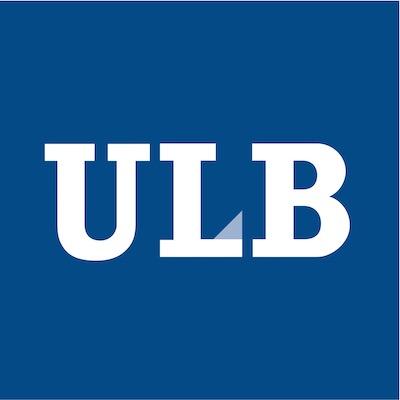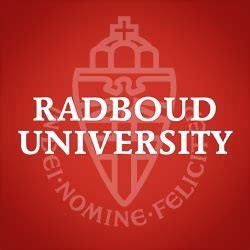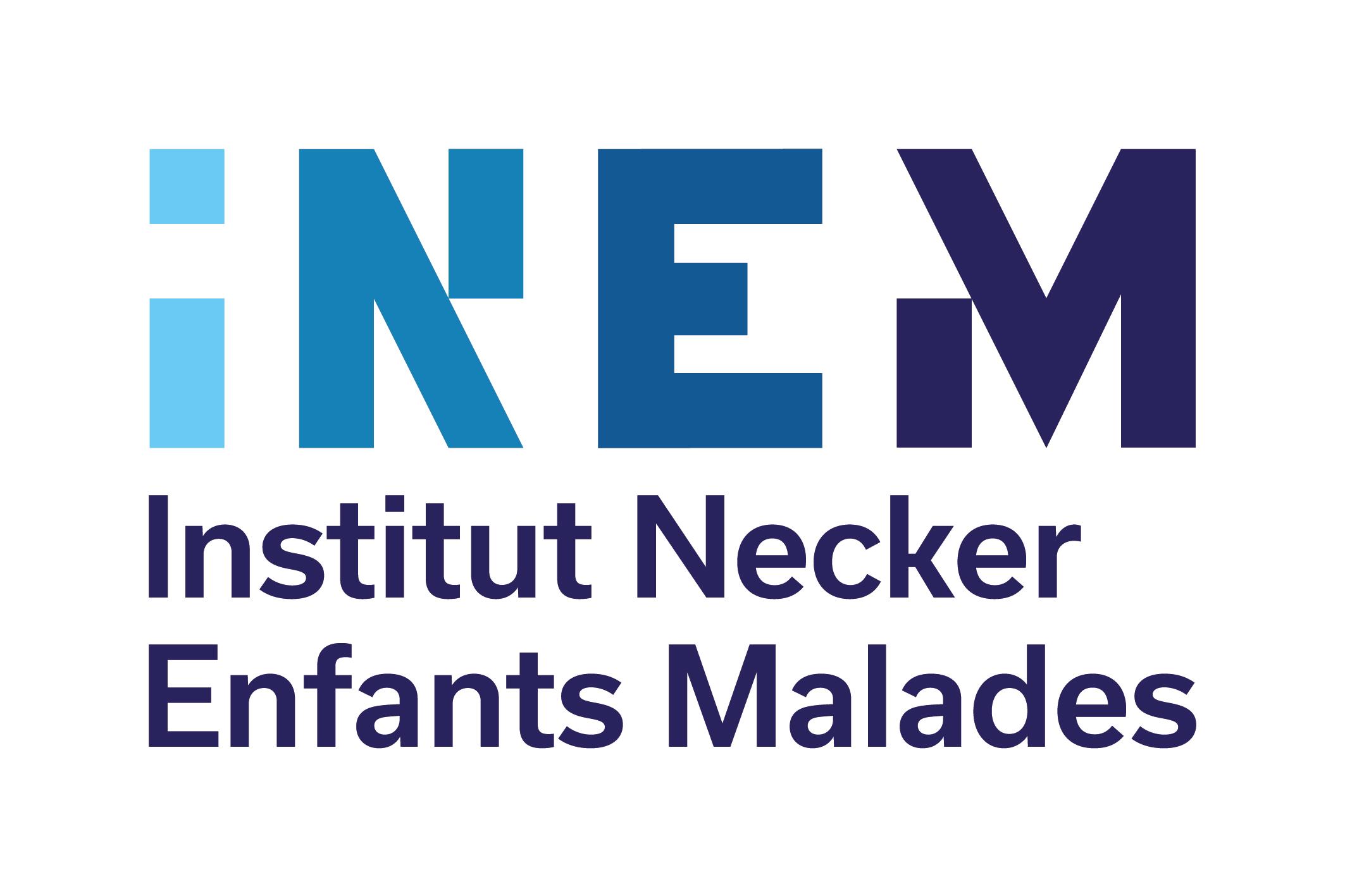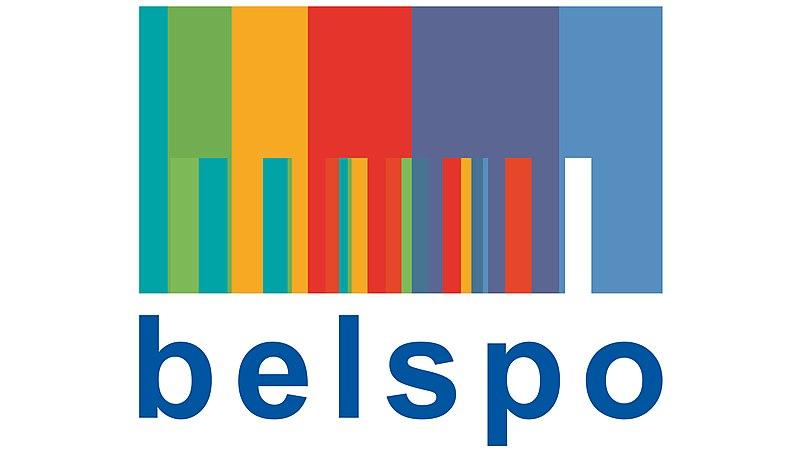Science & Society Seminar #2
with Jean-Pierre Bourguignon
The AERG is thrilled to host its second Webinar in its "Science & Society" series. This event took place online on December 13th @ 17:30 CET and featured former ERC President Jean-Pierre Bourguignon.
A recording is available here.
Professor Bourguignon, a mathematician by training and currently the Nicolaas Kuiper honorary professor at IHÉS (France) presented a lecture titled:
"Highlighting the Scientific Method: Why it matters!"
and overviewed how the scientific method makes it possible to establish facts, why it matters, and why we need to communicate its importance. To discuss these issues, Professor Bourguignon was joined by a number of distinguished panelists, including Véronique Halloin, president of ESF / Science Connect, and science journalist Christian Du Brulle, who created Dailyscience.be in 2004. The event was also an occasion for us to thank Professor Bourguignon for the instrumental role he played in enabling the creation of the Association of ERC Grantees.
Professor Bourguigon has also composed a written summary of his seminar.
Participation is free but registration is mandatory.
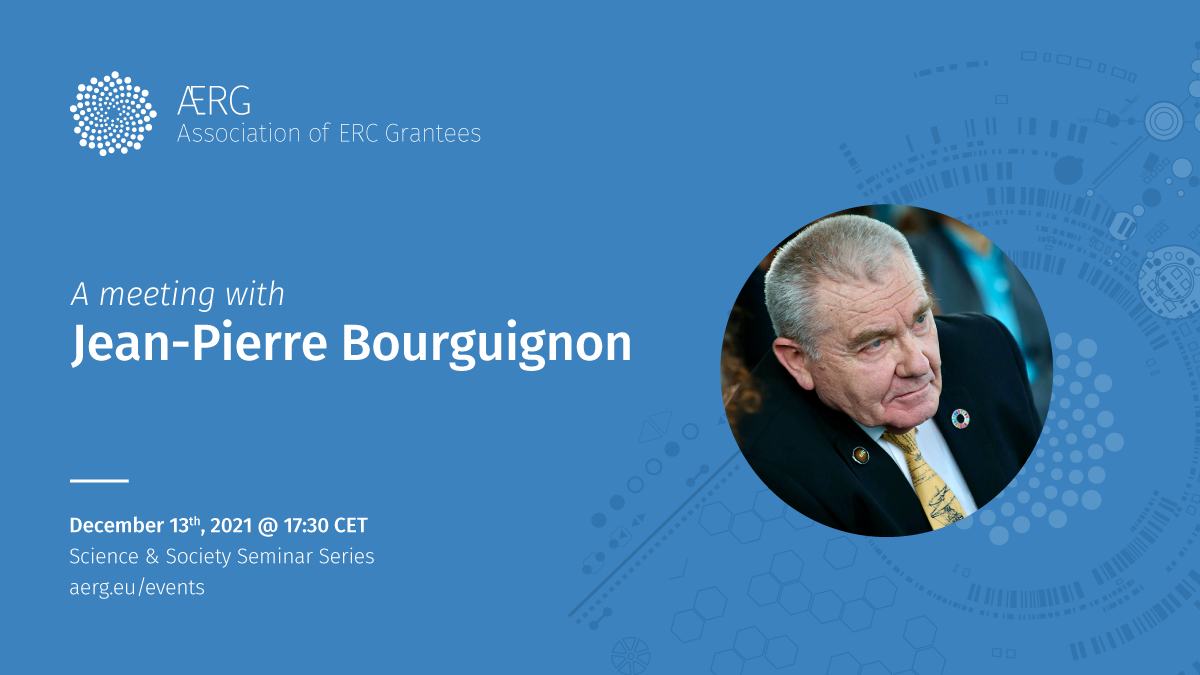
About our meeting with Jean-Pierre Bourguignon
Professor Jean-Pierre Bourguignon was the president of the European Research Council from 2014 to 2019, and further acted as interim President from July 2020 to August 2021. A mathematician by training, he spent 44 years of his career as a Fellow of the Centre National de la Recherche Scientifique (CNRS, France). Bourguignon was a Professor at the École Polytechnique (France) from 1986 to 2012, and the Director of the Institut de Hautes Études Scientifiques (France) from 1994 to 2013. He was also the President of the Société Mathématique de France and of the European Mathematical Society. His work was mostly dedicated to Differential Geometry and Global Analysis at the boundary with Theoretical Physics. He currently is the Nicolaas Kuiper honorary professor at IHES (France).
For his achievements, he was awarded the prestigious Prix Paul Langevin from the Académie des Sciences de Paris and the "Prix du Rayonnement Français” in Mathematical Sciences & Physics. He received Honorary Doctorates from Keio University (Japan), from Nankai University (China), and from the University of Edinburgh. He is currently presiding the board of the Ludwig Maximilians University (LMU) in Munich.
In his lecture, titled “Highlighting the Scientific Method: Why it matters!”, Professor Bourguignon will address how the scientific method makes it possible to establish facts, why it matters, and why we need to communicate its importance:
Over centuries, and through continued collaborative work, scientists consolidated a methodology geared towards establishing facts upon which their work could be based. This method — the scientific method — has features that may first appear somewhat counter-intuitive and may hence be easily misunderstood: A culture of doubt, the role of concepts, the value of serendipity, the importance of reproducibility,… These aspects, remarkably, apply to all domains of science.
In a first part of the seminar, Bourguignon will thus characterise the core features of the scientific method that make it uniquely poised to establish facts. In a second part, he will explore how a better understanding of the value of the scientific method can be achieved. This has become a priority in our times of widespread fake news and conspiracy theories. Progress on this matter rests not only on a strict respect of the method by scientists themselves, but also on the efforts that need to be deployed to illustrate its benefits. Amongst such efforts, early exposure to the scientific method in school appears to be the most important step to achieve a wider understanding and acceptance of its value by the general public.
To discuss these issues, Professor Bourguignon will be joined by a number of distinguished panelists, including Véronique Halloin, president of ESF / Science Connect, and science journalist Christian Du Brulle, who created Dailyscience.be in 2004.
